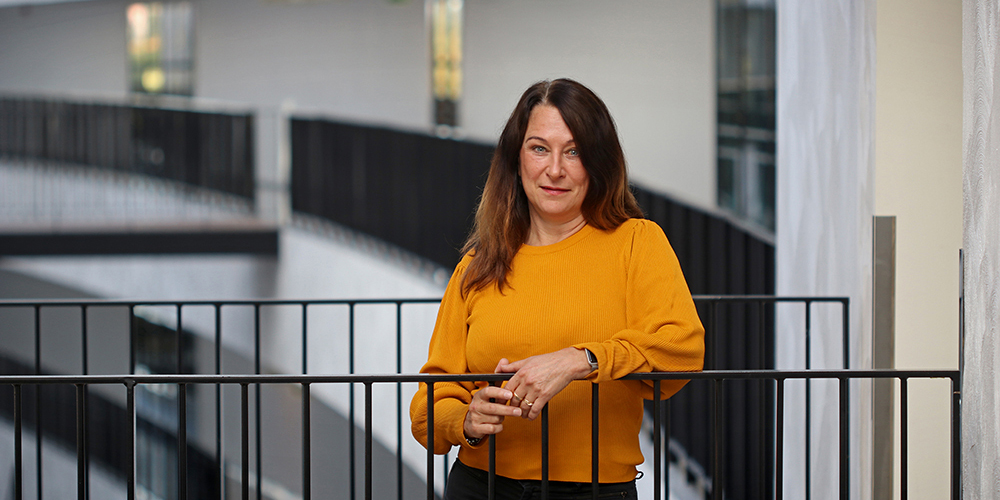Nobel Laureates in Chemistry 2024 laid the foundation for KTH mapping of proteins

Hello there, KTH Professor Sophia Hober, co-founder of the Human Protein Atlas,
The 2024 Nobel Prize in Chemistry goes to researchers David Baker, Demis Hassabis and John Jumper, for discoveries related to the creation and mapping of proteins – findings that you use every day in your research work.
“It's a great joy! It's about time these important discoveries are recognised. David Baker has figured out how to design entirely new proteins from scratch. He has managed to use his computer systems to build synthetic proteins that have medical functions. And in recent years, Hassabis and Jumper have made structure mapping technology available for research through the AI programme AlphaFold2, which can predict the structure of 200 million known proteins.”
How has the AI programme AlphaFold2 been used in your team's work on the Protein Atlas?
“The project is now using AlphaFold2 to visualise all the proteins that the human body can produce. This has allowed us to better understand how proteins work. For example, we can change small parts of a protein and send the changes into the system, to test if the structures change and if so, how. The AI programme AlphaFold2 uses known structures as a template to create a picture of what new, more unknown proteins might look like.”
What do you see as the main future benefit of mapping human proteins?
“In the long run, it will be easier to develop advanced and effective drugs that we already know from the outset how they might work.”
“Proteins are often described as the building blocks of life, and the research of the Chemistry Laureates touches many areas of society, including the studies I lead in The Hober Lab. The range of applications is super broad, not least in terms of people's basic understanding of how biology works and for drug development, but also for how to make detergents more effective, for example.”
Text: Katarina Ahlfort
Photo: Peter Asplund
